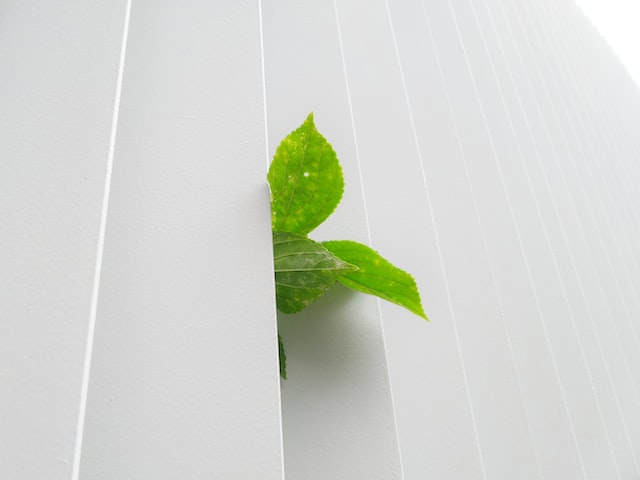
The EU has issued a legal directive on waste electrical and electronic equipment (WEEE). This should motivate the European industry to reduce pollution and conserve resources. This will enable the EU recycling industry to advance and strengthen its action plan.
Waste and pollution are pressing issues in the EU. By 2024, the EU will reach 12 million tons of trash in one year. We must take measures to avoid dangerous conditions that harm our health.
The WEEE Act uses the Extended Producer Responsibility Rule. This is an opportunity for companies that influence, manufacture and organize EEE production and recycling. These key players can improve the foundation for WEEE compliance and recycling targets.
What is WEEE Compliance? The WEEE Directive sets standards (EPR) and focuses on the achievements of the European Member States. These states use her EPR standards and focus on the Parties as a way to achieve national goals. The manufacturer is one of the parties responsible for the WEEE.
Finally, manufacturers in all countries are held accountable for their obligations.
Basic obligations are: Please read these rules carefully to avoid setbacks and costly rework.
Admission
Enterprises are registered in the State Register. Registration takes place on the Site once per company/legal entity. The country of origin can do this if the WEEE manufacturer status changes.
Normal material declaration
For the declaration of materials placed on the domestic market, manufacturers report materials placed on the market. A national WEEE specialist should do this. Such information remains confidential and controlled by national experts.
This is to ensure an independent, fair, and transparent record for Member States generally and on a case-by-case basis. Each country handles these declarations differently. It also depends on the Compliance Takeback Scheme (CTBS).
Data according to to end customer requirements
The manufacturer makes the data accessible to the end customer when the material is handed over. This includes city collection data, drop-off points, pick-up agreements, and more.
Regulations require electrical and electronic equipment to be marked with certain symbols. If the machine or device is too small to display the images, it should be stated in the user’s instructions.
There should be clarity as to what this symbol stands for. In other words, the label should be clear when placed in a list of characters. No one should confuse it with other signs.
Manufacturers are also obliged to provide dismantling aids in the instructions. Suggestions are needed to facilitate the disposal, detoxification, and recycling of WEEE.
This data is also provided upon request by recyclers. Manufacturers should archive this document and keep it easily accessible at all times. The paper is essential to the manufacturer and a better reference when it comes to WEEE directives on electrical issues.
Final verdict
Better management of WEEE benefits everyone. Again, it’s not just pollution and contamination. As the finite resources that make up the EEE run out, more companies will need to comply.
The sooner you protect your resources, the better your electronics manufacturing will be. The need for better materials and equipment is ever-increasing.



